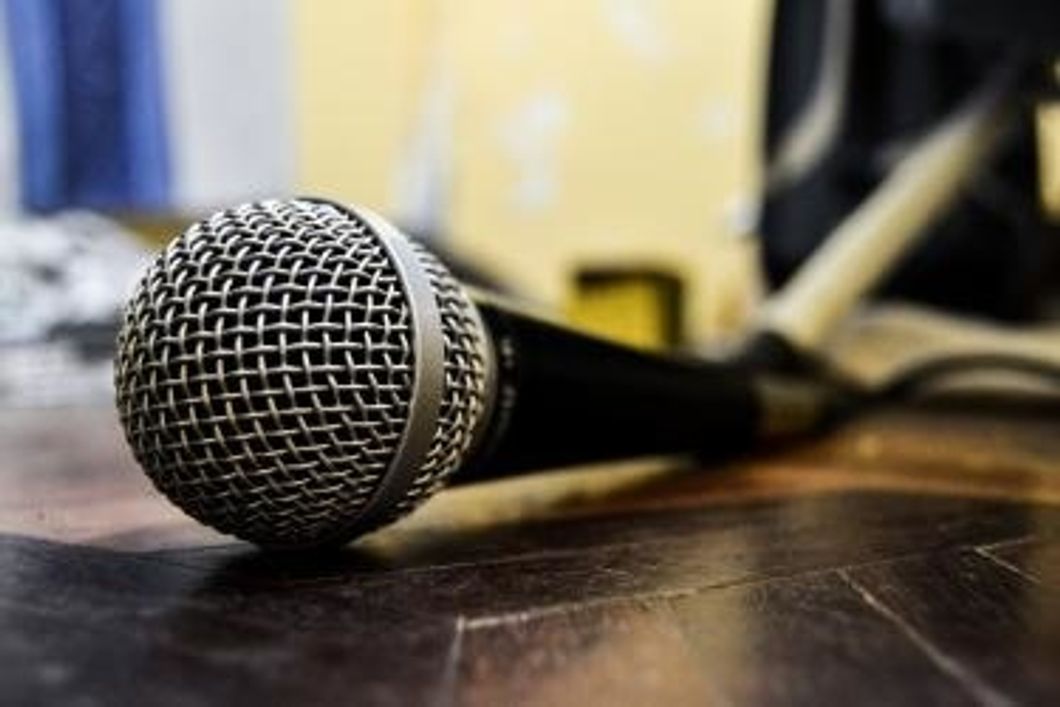In short, no, they are not. Facebook's recent ban on "dangerous" individuals, to include Alex Jones, Milo Yiannopoulous, and Louis Farrakhan in no way infringes on anyone's Constitutional right to free speech.
Although the President of the United States was technically correct when he recently tweeted "I am continuing to monitor the censorship of American citizens on social media platforms. This is the United States of America – and we have what is known as FREEDOM OF SPEECH! We are monitoring and watching closely!!" it seems as though he is slightly confused as to when, and to whom the protections of free speech apply. It also kind of sounds like he intends to get the government involved in a private business which, historically, is not great.
Let's be clear, the first amendment's free speech clause is a protection from government censorship. It states explicitly that "Congress shall make no law" … "Abridging the freedom of speech". This solidifies our right to speak freely, without fear of government censorship or retribution. However, the first amendment does not apply to Facebook, as it is a private company that provides a service. A service with terms and conditions users must abide by. If they do not, then they can no longer use the service. Simple.
In this instance, Facebook felt like it was their duty to police these "dangerous" figures for disobeying the terms and conditions, and to protect society from their toxicity. Further, they affirmed, "We've always banned individuals or organizations that promote or engage in violence and hate, regardless of ideology." In their view, removing these "dangerous" figures was their moral responsibility. While some may not agree with Fakebook's decision, it is important to recognize and defend their ability to operate autonomously, free from government intervention. Under certain circumstances, government intervention in private business is warranted, but not in this instance.
In the same vein, a lot of people don't agree with the things Alex Jones or Milo Yiannopolous say, but it is paramount to liberty that they are free to say whatever they like. Minus inciting violence, of course. Indeed, our freedom of speech and freedom of expression are the bedrock of our liberty and must be preserved, especially if the content is something we don't agree with. As George Orwell famously said, "If liberty means anything at all, it means the right to tell people what they do not want to hear."




































